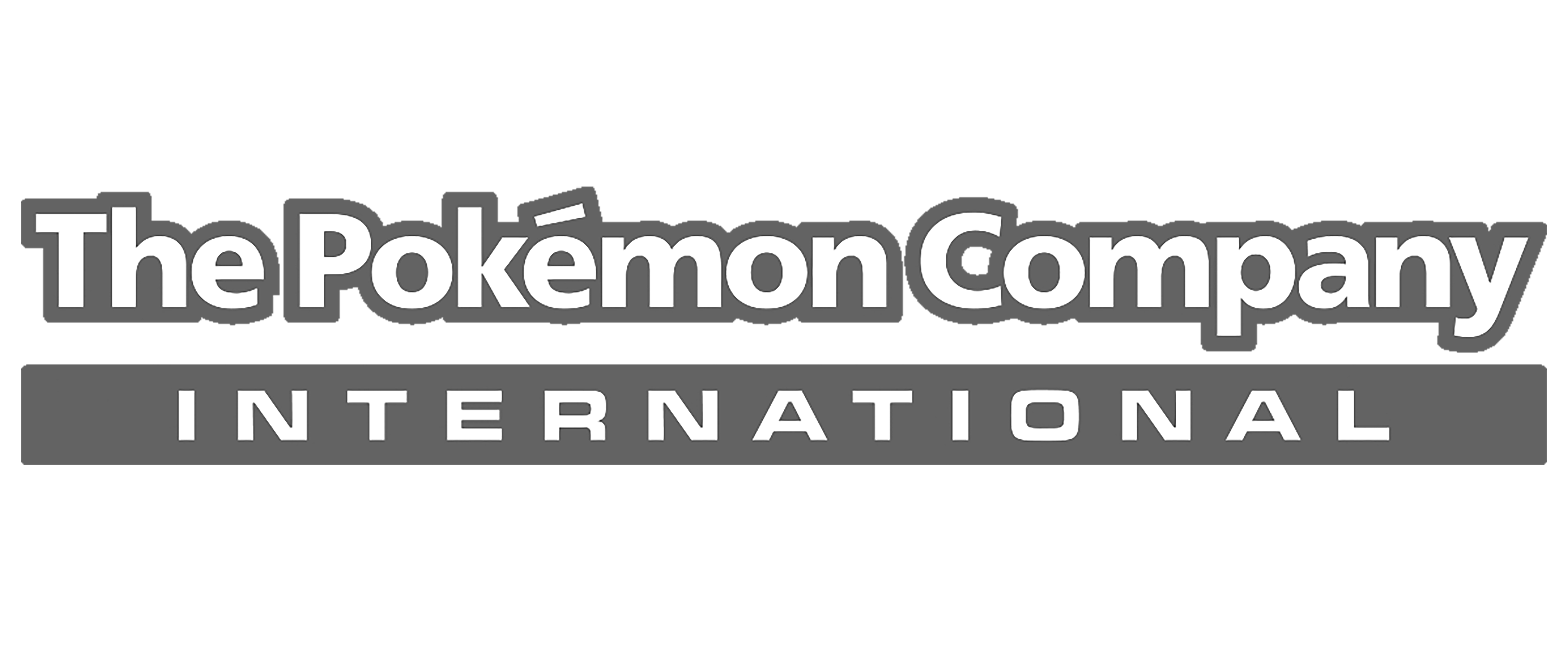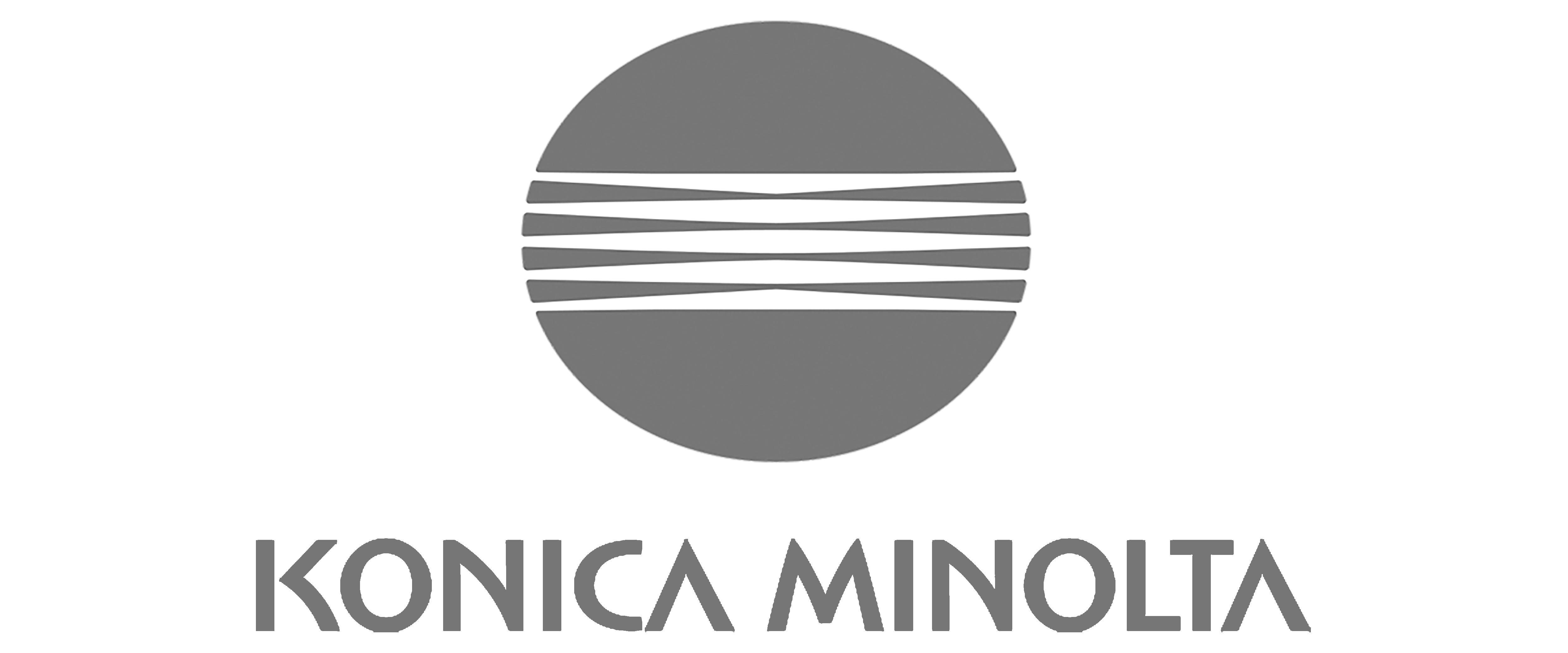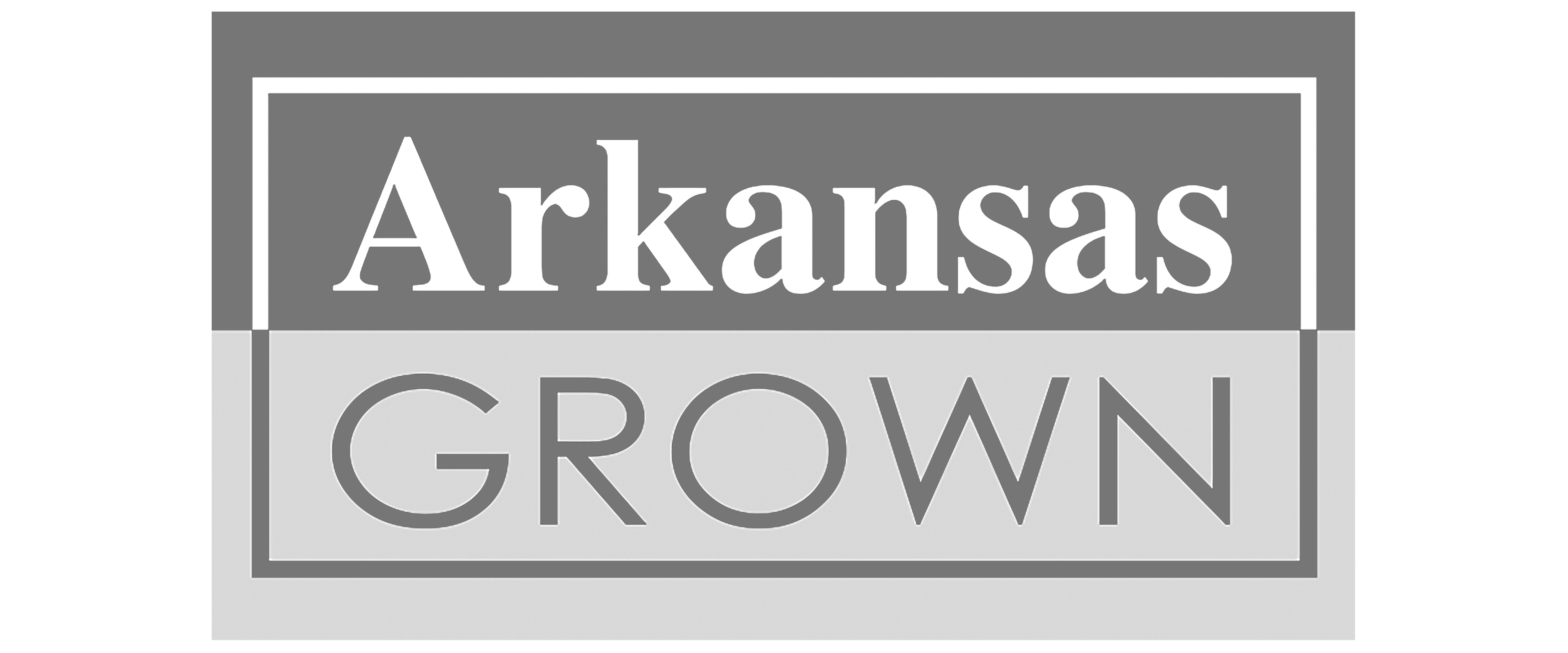If you’ve added trade shows, conferences, and conventions to your marketing plan for the year, there’s a good chance you’re going to need to balance your budget against items such as software, personnel, and any number of additional services your team needs. Within your trade show budget, you’re going to have to consider multiple items before you know what it’s all going to cost out the door. Without a clear picture of your budget, whether for one show or ten, you may find yourself in the awkward position of having to explain budget overspend, or worse, why you should keep your job. Let’s review the aspects of a trade show budget that you need to have an intimate working knowledge of:
Understand Your Total Trade Show Budget
Before you even think about exhibiting, you need to have a clear picture of how much you can spend on a trade show. This means all in, inclusive of one or many shows, each and every aspect you may have or may not have considered, marketing and advertising, and more. Begin with a clear idea of your total spend before you start committing to paying for spaces, vendors, and more. This will allow you to avoid budget creep and help you to manage your budget wisely.

Know What Size Trade Show Booth You Need and What You Can Afford
In nearly two decades of providing exhibit production services, we’ve seen lots of companies who spent egregious amounts of money on oversized booths without realizing they could’ve gotten away with renting a 20×20 trade show booth instead of the 40×40 intending to make a statement in their industry. The statement often made is I overspent on the size of my booth space, but cheaped out on the trade show exhibit to fill that space. In our experience, companies are better off estimating their booth sizes conservatively, investing resources where they count- such as their trade show booth design, personnel, and marketing. By doing the calculations before you go, this can help avoid busting the budget and draining any resources allocated for the rest of the year’s marketing.
![]()
First Things First- Obtain Your Trade Show Booth Space
Once you’ve got a trade show budget and you plan to exhibit at a show, it’s important that you begin with renting your space on the trade show floor. The first deduction from your trade show budget should be the cost of the space and any passes for exhibitors to inhabit that space. Additionally, you should contact the general contractor to find out how much premium internet service, electrical, and any necessary items will cost. This should be followed by exhibit design, personnel, craft services, events, and more. Without knowing how much your space will cost you out the door, the rest of it can’t be adjusted to work within your fixed trade show budget.
Calculate the Cost of Your Trade Show Exhibit After Booth Rental Fees
Once you’ve rented your space on the trade show floor, it’s important that you know how much of your trade show budget that your exhibit will eat up. In deciding on a trade show rental, there are numerous things you need to consider such as whether you want a basic system exhibit, a hybrid exhibit, or a custom exhibit. Each can be customized, but to what degree and with what kinds of accoutrements will determine large variances in your total trade show budget.

Good rules of thumb are to expect a trade show exhibit may start at around $150 per sq. ft. and possibly up to $200 per sq. ft. or more dependent upon your requests. The reason for this is that you’re not just paying for a trade show exhibit rental; you’re also paying for installation and dismantling, furniture rental, storage, shipping, and more. If there’s a sticker shock associated with these prices, you might want to reexamine your trade show budget and decide whether or not you should start with an entry level pop up display in a 10×10 space. Generally larger exhibits are constructed of higher grade materials, offer nicer graphics, items like light boxes, LED walls, and any number of exciting additions that you can imagine. Knowing that these prices include multiple services should be of comfort to you because when obtained separately, they can easily add up to much higher chunks of your trade show budget. You should also ask if that price is a fixed price guarantee or if it’s an estimate subject to post-show billing. Many exhibit houses and show general contractors lure people in with low estimates but then deliver a post-show bill that can easily become a nightmare for budget conscious customers. Absent last minute show floor changes, you shouldn’t have to face a post-show bill if you’ve obtained a fixed price guarantee from a reputable exhibit design house.
Determine How Much of Your Trade Show Budget You Can Allocate Towards Personnel
Once you’ve secured your booth space and an exhibit, you’ll need to determine who to bring. Personnel at trade shows can certainly add up and before you know it, your trade show budget may be in jeopardy. Look at the budget and do the math- if you’re bringing people, you’ll need to pay for their transportation, accommodations, per diem meal and travel allowances between the convention and hotel, and quite possibly overtime if they’re not a salaried employee. If your business’ trade show budget is looking thinner by the moment, consider bringing a small group of 2-3 people so you don’t break your trade show budget. It can be tempting to bring 16 people to make it look like your company is dominating the industry, but if that costs you more than you can afford, it’ll be a mistake you’ll regret for quite some time.

Make Common Sense Decisions
If your budget is large, consider adding experiential events, client appreciation dinners, and items like that to ensure you obtain your desired trade show ROI. However, if your trade show budget won’t allow for those details, then keep it simple and focus on putting your best foot forward design wise and with your personnel and products. Don’t get caught up in planning costly events with no attendance or in trying to compete with the industry giant. Keep your wits about you and plan your trade show methodically and in advance with your trade show budget always on your mind. This should ensure you don’t break the bank and regret it later.










